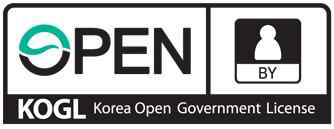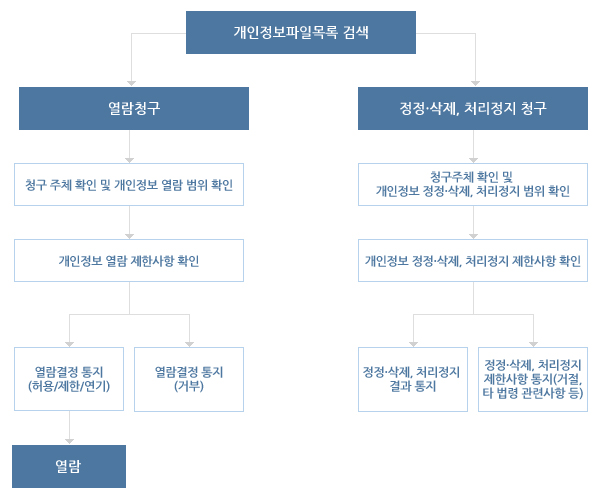Plenary Results
Plenary passes 25 bills including amendment to the Act on Punishment of Crime of Stalking
- Sep 08, 2023
- 333
Plenary passes 25 bills including amendment to the Act on Punishment of Crime of Stalking
- Amendment to the Act on Punishment of Crime of Stalking to expand types of stalking acts and persons subject to protective measure
- Amendment to the Civil Procedure Act to enable non-disclosure of personal data of concerned parties and their representatives in a civil procedure
During the meeting of the 407th extraordinary session, held on June 21, 2023, the National Assembly passed 28 items including 25 bills. Following are the major bills tabled for consideration:
<1> Amendments to the Act on Punishment of Crime of Stalking and the Act on Electronic Monitoring
The need was recognized to strengthen victim protections amid a recent increase in heinous crimes such as a murder case that involved stalking.
The approved amendment is to define the act of providing, distributing, and posting personal (location) information to a third party using an information network system as a stalking crime; introduce electronic tracking devices, so-called “electronic anklets,” as a provisional measure; and extend the period of provisional measures such as a restraining order and an electronic tracking device attachment order from the current six months to up to nine months.
In addition, urgent emergency measures and provisional measures may be taken toward a victim’s households and family members; articles including measures concerning the safety of victims and persons subjected to stalking and a prohibition against the divulgence of victims’ identity and protection of their privacy have been added; stalkers may be prosecuted despite the victim’s opinion; and special cases concerning the appointment of counsels for victims have been created to prevent damages during legal proceedings.
The amendment to the Act on Electronic Monitoring stipulates details of execution procedures for the attachment of an electronic device as a provisional measure under the Act on Punishment of Crime of Stalking.
<2> Amendment to the Civil Procedure Act
At present, under the Civil Procedure Regulations, parties concerned and their representatives shall submit a document with the competent court containing their names, addresses, and contact information. During litigation, however, the personal information of parties concerned can be exposed to the opposition or a third party, which can lead to abandonment of a lawsuit seeking damages out of fear of a retaliatory crime.
The approved amendment to the Civil Procedure Act enables the court to take protective measures to not disclose personal information, as prescribed by Supreme Court Regulations, such as disclosure of addresses designated by litigants to the parties concerned or a third party/parties if there is justification for concern about injury to litigants’ body or life.
<3> Amendments to the Pharmaceutical Affairs Act and the National Health Insurance Act
The amendment to the Pharmaceutical Affairs Act mandates that the Minister of Health and Welfare conduct fact-finding surveys of pharmacies established and operated by unqualified persons who have not obtained a pharmacist license. Expectations are growing that the amendment will contribute to establishing order in pharmaceuticals distribution and in the protection of public health.
The jointly approved amendment to the National Health Insurance Act stipulates that the National Health Insurance Service may suspend payment of expenses of health care benefits to, or collect unjust gains from, a medical institution that has violated articles of the Medical Service Act and the Pharmaceutical Affairs Act that prohibit the borrowing of names or licenses.
<4> Amendment to the Special Act on the Establishment of Jeju Special Self-governing Province and the Development of Free International City
The approved amendment enables the autonomous establishment and operation of an independent residents’ council that can introduce a residents’ association, while allowing the Jeju Free International City Development Center to contribute to a rural community promotion fund in the range of 5 percent of profits from designated duty-free shops, upon prior consultation with the Minister of Land, Infrastructure and Transport and the Minister of Economy and Finance.
If the provincial governor acknowledges the need to protect residents from disasters, including infectious diseases, he or she may request a change to the public notice, of countries that they may visit without tourist and transit visas, from the Minister of Justice, making it possible to respond swiftly to disaster-related damages.
In addition, the provincial governor may order the restoration of buildings that run counter to the purpose of designation as absolute conservation zones, relative conservation zones, and controlled conservation zones, within a fixed period, to maintain and manage the environment of Jeju-do.
<5> Amendments to the Act on the Inspection and Investigation of State Administration, etc.
① Amendment to the Act on the Inspection and Investigation of State Administration
At present, committees shall prepare an inspection report when they complete an inspection and submit it to the Speaker without delay. Upon receipt of the report, the Speaker shall report it to the plenary session without delay. Nevertheless, there exists no deadline for the process and lengthy delays have been reported.
The amended Act stipulates that the National Assembly shall complete the process within 90 days of the inspection to reflect the result in the deliberation of bills and budget bills.
② Amendment to the Korea Housing Finance Corporation Act
In accordance with the Act on the Public Announcement of Real Estate Values, the existing Act excludes homes and facilities with officially assessed prices that exceed KRW 900 million from the list required to have a reverse annuity. Amid the recent increase in housing prices, however, the need has been recognized to consider changing real estate market conditions.
Under the amended Act, the upper price limit of homes and facilities that are eligible for a reverse annuity is prescribed by Presidential Decree.


